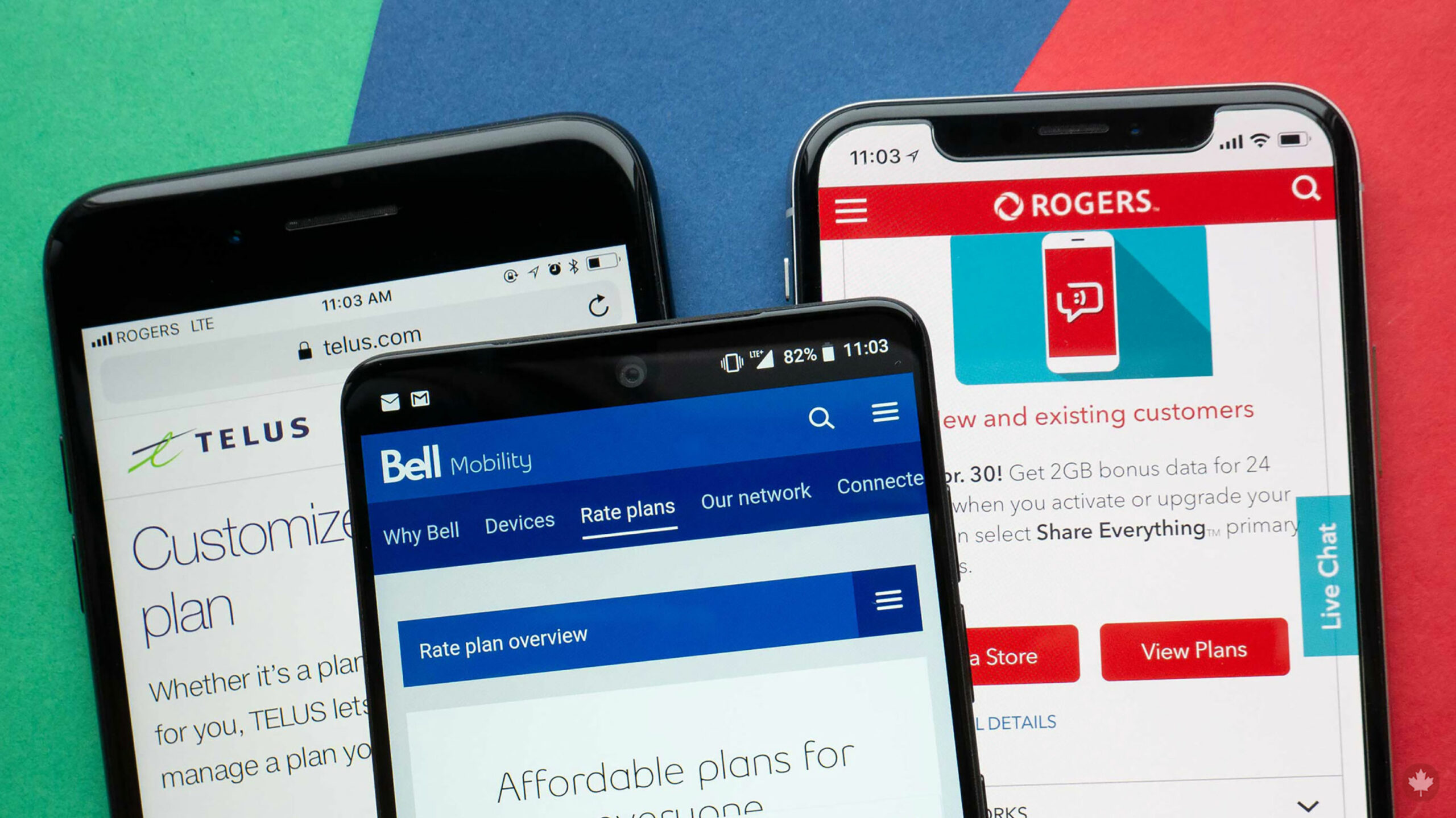
The Commission for Complaints for Telecom-television Services (CCTS) saw a 19 percent decrease in the number of complaints it received, according to its annual report.
The CCTS is an independent organization in Canada dedicated to resolving complaints regarding telecommunications and TV services.
The annual report, which was released on November 30th, says the CCTS accepted 15,661 complaints between August 1, 2019 and July 31, 2020.
To put things in perspective, last year’s report revealed a 35 percent increase in telecom complaints, with 19,287 complaints accepted.
“In spite of challenges presented by the COVID-19 pandemic, I am proud to report that the CCTS dispute resolution process has continued uninterrupted,” said CCTS CEO Howard Maker in the report.
The report states that Wireless Code breaches increased 16 percent this year, and that the most common complaint was regarding billing and disclosure issues.
“While it’s too early to know the full impact of the pandemic on consumer complaints, we know the vast majority of Canadians are working from home and as a result, the CCTS is seeing an increase of complaints about the quality of home internet services between March and July 2020,” the report outlines.
The CCTS says that it continues to successfully resolve nearly 9 out of 10 complaints. From highest to lowest, the complaint frequency by service was wireless, internet, television and local phone.
The Big Three
Of the Big Three, Bell accounted for the most complaints, with Rogers and Telus ranking second and third respectively, as was the case with the previous annual report. It should be noted that the complaints are not proportionate with the subscriber count of each national carrier.
Montreal-based national carrier Bell experienced a 35.1 percent decrease in complaints and accounted for 3,815 accepted complaints. It made up 24.4 percent of all accepted complaints, which is a decrease from last year’s 30.5 percent.
“Wireless issues are proportionately lower compared to the overall outlook. Bell accounts for 36 percent of wireless issues compared to 44 percent for all service providers,” the report reads.
Further, the report states that Bell complaints reveal a “disproportionately high” number of issues involving incorrect charges and lack of disclosure of important information compared to its overall number of issues for each service.
Bell also had 27 confirmed breaches of the Wireless Code, down from 46 last year, which is a decrease of 41 percent.
In a statement, Bell CEO Mirko Bibic said: “Championing customer experience is a strategic imperative for the Bell team and I’m proud that we continued to outperform in a competitive communications marketplace even as we faced the challenges of COVID-19.”
Toronto-based national carrier Rogers accounted for 1,781 accepted complaints, a decrease of 2.8 percent. Its complaints make up 11.4 percent of all accepted complaints, a slight increase from last year’s 9.5 percent.
“Issues related to wireless services are disproportionately high, accounting for 51 percent of all Rogers’ issues compared to 44 percent for all service providers,” the report states.
The report also notes there are increases in all types of issues for the carrier: a 71 percent increase in credit management issues, a 62 percent increase in service delivery issues, a 14 percent increase in contract disputes and an 11 percent increase in billing issues.
Rogers’ confirmed breaches of the Wireless Code decreased from 31 last year to 17 this year, which is a decrease of 45 percent.
Vancouver-based national carrier Telus accounted for 1,166 accepted complaints, a decrease of 27.6 percent. The carrier made up 7.4 percent of all accepted complaints, which is a slight decrease from the 8.3 percent reported last year.
“Issues about wireless service account for 52 percent compared to 44 percent of issues for all service providers,” the report states.
Further, the report reveals that while issues for all other services are down from last year, Telus’ internet access service issues are up 23 percent from last year.
The carrier’s confirmed Wireless Code breaches fell by more than half, from 31 last year to 15 this year, which is a 45 percent decrease.
Other carriers
Rogers’ flanker brand Fido received 1,123 accepted complaints and accounted for 7.2 percent of all complaints. Next, Shaw Communications’ Freedom Mobile had 1,066 accepted complaints and accounted for 6.8 percent of all complaints.
Bell’s flanker brand Virgin Mobile received 1,036 accepted complaints and made up 6.6 percent of all complaints. Shaw Communications had 771 accepted complaints, accounting for 4.9 percent of all complaints.
Telus’ flanker brand Koodo Mobile had 687 accepted complaints and made up 4.4 percent of all complaints. Vidéotron received 684 accepted complaints and accounted for 4.4 percent of all complaints.
Image credit: Commission for Complaints for Telecom-television Services
MobileSyrup may earn a commission from purchases made via our links, which helps fund the journalism we provide free on our website. These links do not influence our editorial content. Support us here.



